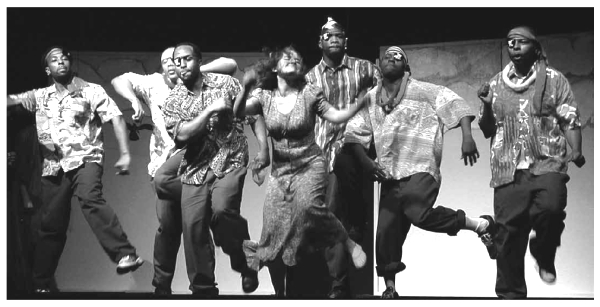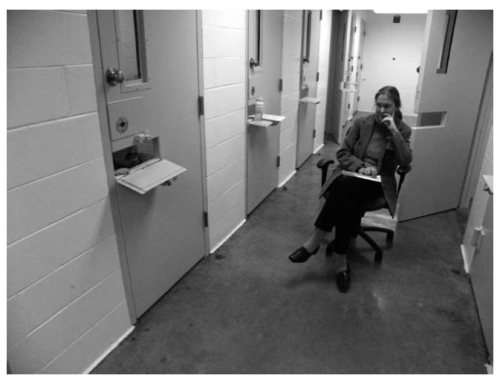Rehabilitation Through the Arts at Sing Sing: An Interview with Brent Buell, contributor to ‘Performing New Lives’
“We all spend much of our lives building up defenses against an unfriendly world, an uncomprehending universe. That surely is true of the men I met and taught in prison. They were like me. They were tough guys hoping that someone somewhere could reach that almost-forgotten part of them, break it loose, set it free and let them feel human again. After all, to portray a character is to find that character’s heart—and in the process to find your own.”









